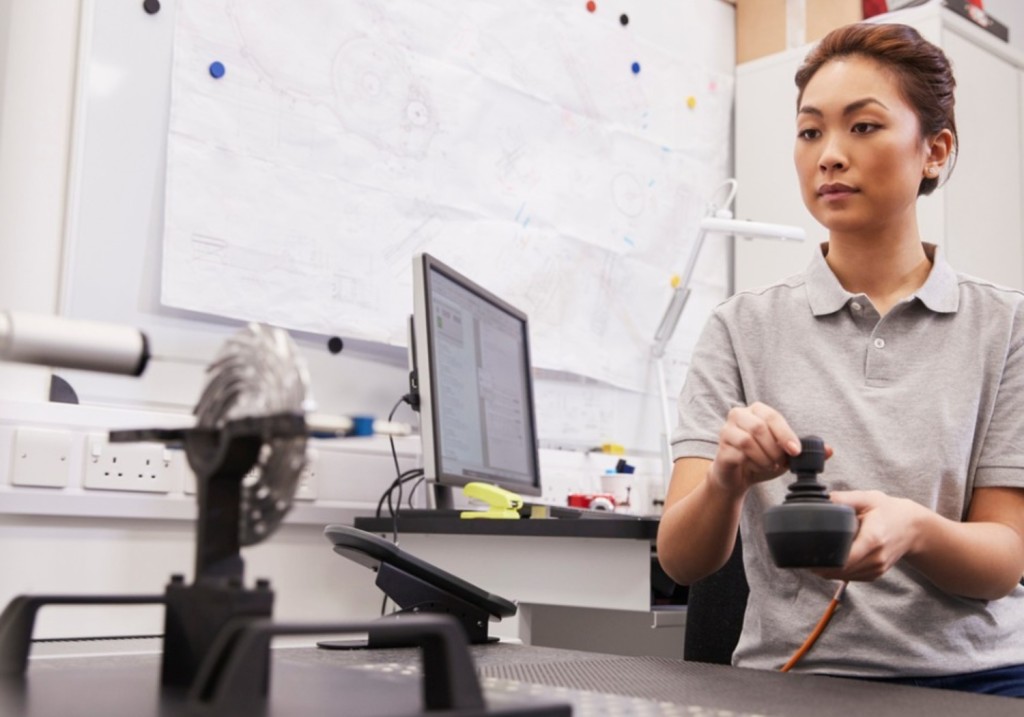The overall objective of the project is to develop viable methods for evaluating the measurement uncertainty in coordinate measurement in industry, to support the competent standardisation body (ISO/TC213/WG10) in further development of related standards (in the ISO 15530 series).
The specific objectives of the project are:
- To develop traceable and standardised methods for evaluating the uncertainty of coordinate measurement a posteriori using type A evaluation.
The EN ISO 15530-3 provides an a posteriori method based on measurements of a calibrated workpiece. This calibrated workpiece is required to be identical to the actual workpieces. Effectively, the burden of the uncertainty evaluation is down to the person who calibrates the calibrated workpiece. The project will remove this limitation by restricting the experimental investigation to the workpiece under inspection. This will be applicable to a broad range of measurands (sizes, angles and geometrical features – related to datums and not related to datums) and probing conditions (discrete points and scanning). - To develop a simplified and validated method for predicting the uncertainty of coordinate measurements a priori using type B evaluation (i.e. expert judgement).
The relevant ISO standards offer no guidance on uncertainty prediction. Currently, experts use their own knowledge while ordinary CMM users are unable to predict the uncertainty on their own. The project will overcome this problem by providing guidance to practitioners so they can predict the coordinate measurement uncertainty. The guidance will include a number of practical cases and uncertainty components. - To demonstrate the validity of existing methods and those from objectives 1 & 2 in industrial conditions and evaluate their consistency and accuracy against the Guide to the Expression of Uncertainty in Measurement (GUM) and its supplements.
The two proposed methods will be validated thoroughly. Several experienced partners from different countries, equipped with different CMMs, will provide robust evidence and ascertain the validity limits. The validation results will be made widely available to the public through country-based EUCoM seminars, an open source data repository, and ISO/CEN standards. - To contribute to revisions of the EN ISO 15530 and the EN ISO 14253-2 by providing the necessary data, methods, guidelines and recommendations, in a form that can be incorporated into the standards at the earliest opportunity. In addition, to collaborate with the technical committees CEN/TC290 and ISO/TC213/WG10 and the users of the standards they develop to ensure that the outputs of the project are aligned with their needs and recommendations for incorporation of this information into future standards at the earliest opportunity. To promote early dissemination of the developed methods to industry.
The ISO 15530-2 is currently under preliminary study in the ISO/TC213/WG10 (CMMs). No activity is foreseen for the new ISO 15530-5. The EN ISO 14253-2 is being considered for possible revision in ISO/TC213/WG4 (Uncertainty and decision rules). The project will provide input to the ISO/TC213/WG10 for developing ISO 15530-2 and ISO 15530-5. Some input may be given for a possible revision of the EN ISO 15530-3.

